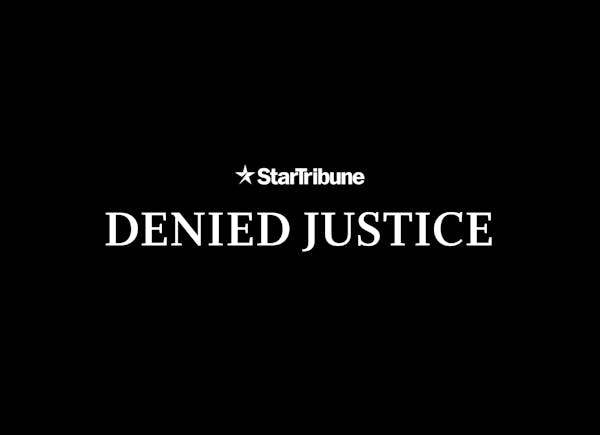The University of Minnesota is proposing several changes to the way it handles campus sexual misconduct complaints, such as establishing a single standard of evidence for all proceedings involving students and employees and creating a systemwide committee of panelists to serve in live hearings.
The changes, which were presented to the U's Board of Regents on Wednesday, are necessary for the university to comply with new federal Title IX regulations that take effect Aug. 14. Regents said they plan to call a special meeting later this month to vote on the proposals.
"We've been very committed to broad consultation across our university community so that we could develop together the best way to implement the required changes," U President Joan Gabel said. "The mid-August deadline leaves us a very short window to revise our policies."
The new U.S. Department of Education rules require schools to use a single standard of evidence in proceedings and guarantee every student the right to cross-examine and challenge evidence at a live hearing. But the requirement shields survivors from having to come face to face with or answer questions from the accused.
Education Secretary Betsy DeVos has said the new regulations aim to better balance the rights of alleged victims and the due process rights of the accused.
University of Minnesota officials are proposing to apply the "preponderance of evidence" standard to all sexual misconduct matters involving students, staff and faculty. Under this standard, school officials must decide if it was "more likely than not" that a violation occurred.
Currently, the school uses this standard when deciding responsibility in cases involving students and employees. It uses a higher burden of proof, known as "clear and convincing evidence," when a faculty member challenges a termination or suspension for sexual misconduct.
Officials also want to provide a single, systemwide grievance process for all university members across the U's five campuses. The university currently has different grievance procedures for students and employees and different processes to challenge discipline for each employee class, none of which comply with the new rules.
"A single grievance process will also promote consistent outcomes in sexual misconduct cases across university populations," said Tina Marisam, the U's equal opportunity and affirmative action director and Title IX coordinator.
To comply with the requirement for live hearings, U officials want to create a systemwide committee made up of trained faculty, staff and students to serve as panelists. Hearing panels would have three members, one of them a professional hearing officer and the other two selected by each party from a list of available committee members. The panel would be tasked with determining disciplinary sanctions and recommendations for students and employees.
Some regents took issue with the proposal to allow each party to select a hearing panelist. Regent Michael Hsu called it "problematic," arguing that involved parties should not get to place "their own friends" on the committee.
Marisam said that conflict of interest and impartiality principles would prevent such a scenario.
"The proposal would not allow a party to select a panel member that they knew or had any relationship with," she said. Still, Marisam acknowledged community members have expressed similar concerns that parties might misinterpret the selection as having a panelist who's on their side.
Advisers and attorneys would be allowed to fully participate in all hearings under the U's proposed changes, as is currently the case for hearings involving student respondents. The university would be required to provide advisers to conduct cross-examination on behalf of parties who do not have one. If skilled volunteers are not available, the university will have to hire additional staff to comply with this requirement.
Regent Mike Kenyanya commended the proposal for promoting equity, saying "there shouldn't be a situation where one party has access to an adviser and the other one doesn't."
Other regents worried about the additional resources and workload the new regulations will require. In fiscal year 2019, Marisam said the U had 68 sexual misconduct investigations across its five campuses. She anticipates there will be 40 to 60 hearings per year under the new regulations that will require panelists and advisers.
Ludacris and T-Pain to stand up together at Minnesota State Fair grandstand in 2024
13-year sentence for man who fatally hit other driver while fleeing police in Oakdale

